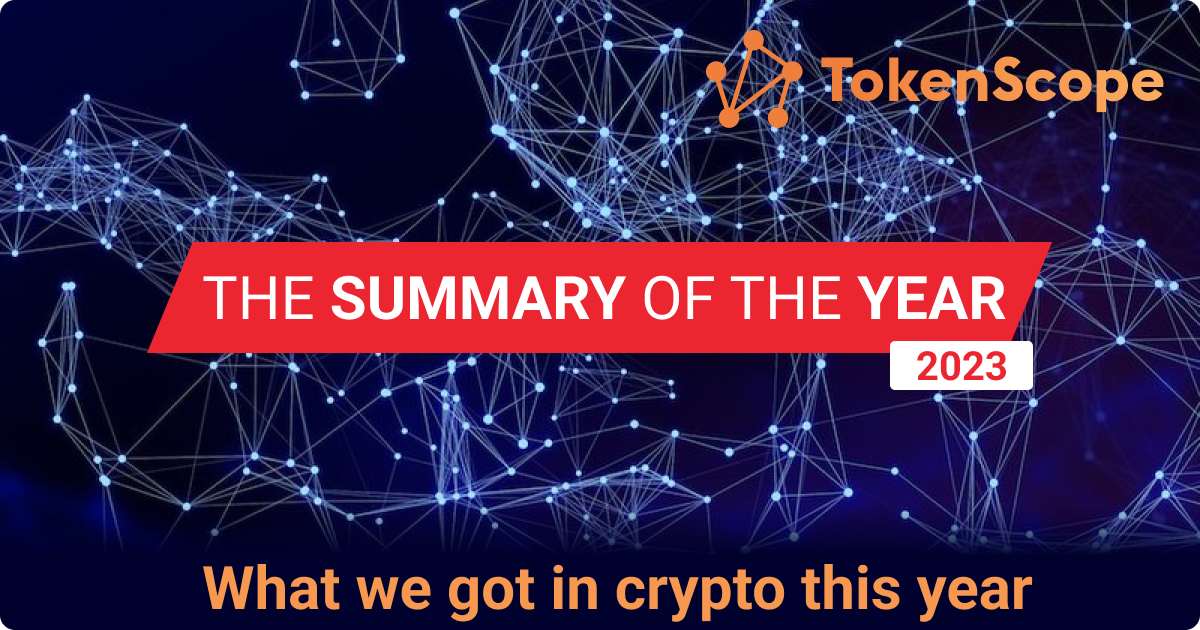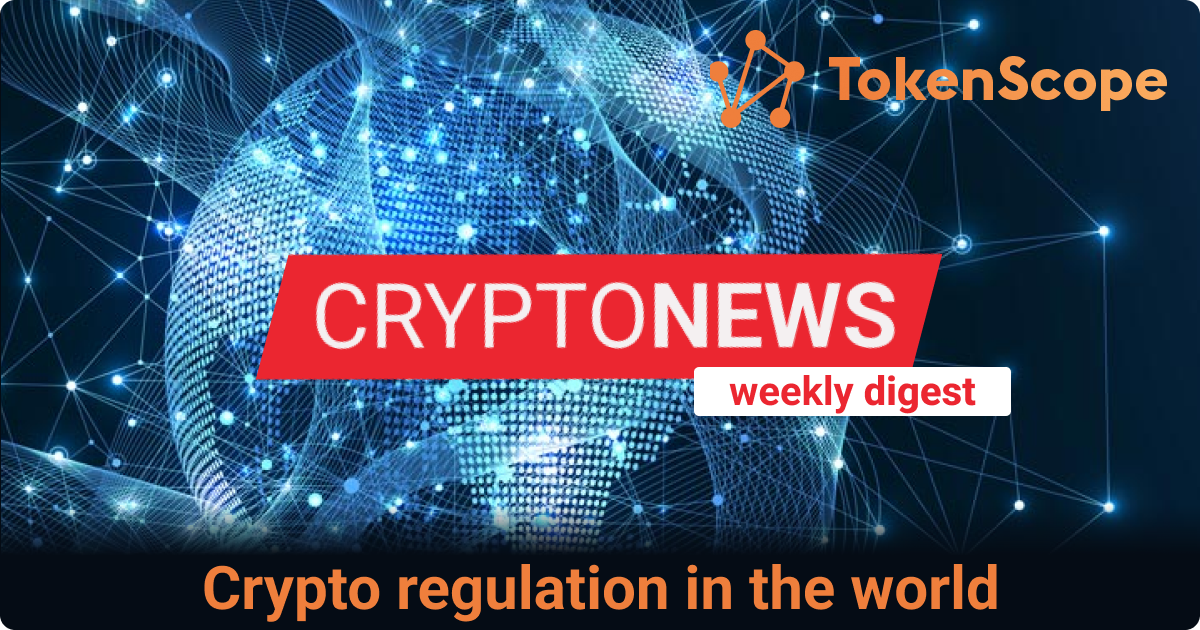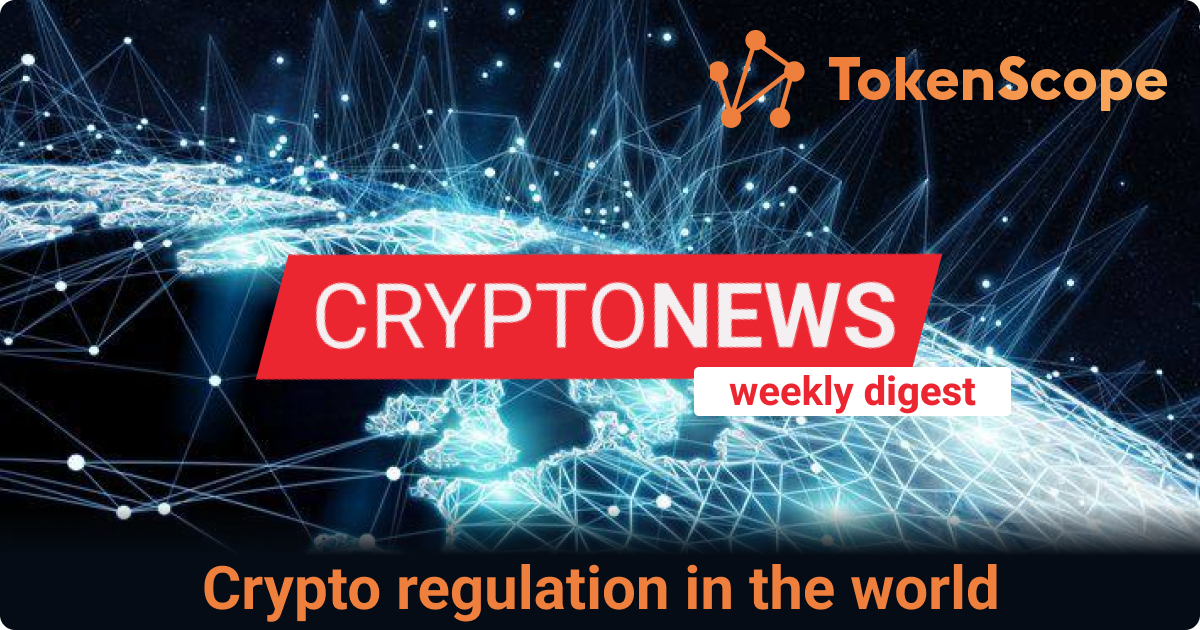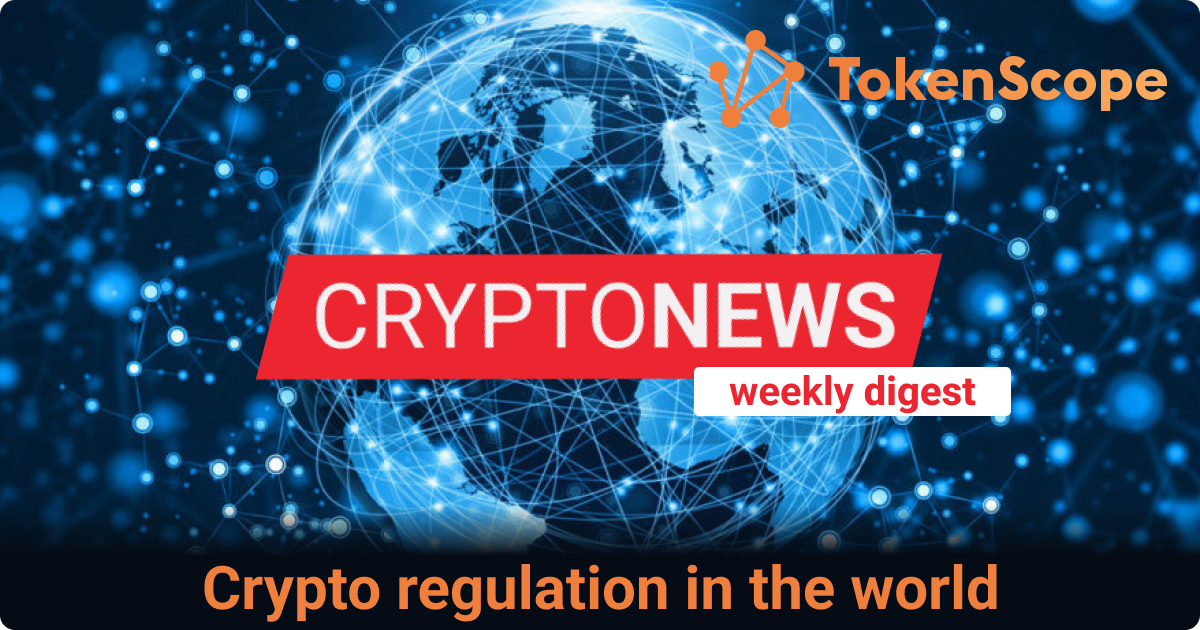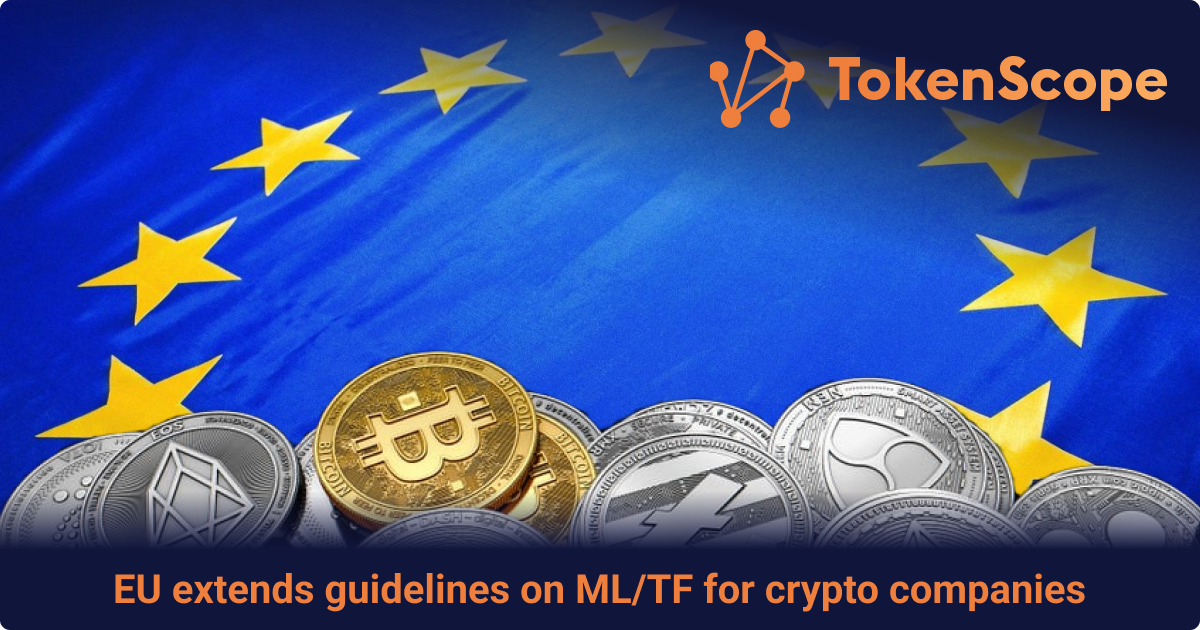Crypto regulation in the world: weekly digest #76
UAE
On December, 21, the ADGM Financial Services Regulatory Authority (FSRA) has announced revisions to its Anti-Money Laundering and Sanctions Rules and Guidance. The revisions will be applicable to all firms subject to the provisions in the AML Rulebook, including authorized firms in the financial services including virtual asset service providers (VASPs) and designated non-financial business and professions (DNFBPs).
The AML Rulebook sets out the requirements imposed by the Regulator, and the revisions aim to ensure the effective implementation of AML/CFT measures by the companies operating in the ADGM. The AML Rules and Guidance issued by the FSRA lay down detailed guidance around the risk-based customer due diligence process, duties of money laundering officer, AML record-keeping requirements, AML Annual Return filing, etc.
The new revisions clarify the requirements that previously appeared in the AML Rulebook, reflecting the federal regulatory framework the UAE has put in place to combat money-laundering, the financing of terrorism and proliferation financing and ensure compliance with targeted financial sanctions. In particular, minor drafting changes have been made to the provisions relating to wire transfers in order to provide greater clarity that the FATF «Travel Rule» applies to Virtual Assets.
It has been added in the Paragraph 10.3 of the Guidance that «The Regulator expects compliance by Authorized Persons and Recognized Bodies with ‘FATF Recommendation Number 15’, FATF’s Interpretative Note (R.15/INR.15) and ‘FATF Recommendation Number 16’ that include requirements to obtain, hold, and transmit originator and beneficiary information and to not allow transfers where such information is lacking including where the value transfer involves Virtual Assets. Authorized Persons and Recognized Bodies should note that, pursuant to section 10.3, the Regulator does not differentiate between the responsibilities of the originator or the beneficiary when it comes to ensuring that all relevant information accompanies a wire transfer, and that no de minimis threshold is applied to the size of a relevant wire transfer».
By present, the commonly applied threshold for the Travel Rule is a de minimis threshold of 1,000 USD/EUR for virtual asset transfers, as it has been recommended by the FATF. However, it should be noted that countries can establish their own threshold or forego one altogether. For example, in Singapore, the threshold is SGD 1,500.
Hong Kong
Hong Kong regulators have announced that they are ready to consider applications for spot crypto exchange-traded funds (ETFs). The Securities and Futures Commission (SFC) and Hong Kong Monetary Authority (HKMA) have reviewed their current policy for intermediaries involved in virtual assets and expressed readiness to receive applications for the authorization of various funds, including virtual asset spot exchange-traded funds (VA spot ETFs).
Hong Kong currently allows futures-based crypto ETFs, but the take-up has been modest compared to the overall size of the fund industry. HSBC Hong Kong has already listed three crypto ETFs on its investment platform, including CSOP Bitcoin Futures ETF, CSOP Ethereum Futures ETF, and Samsung Bitcoin Futures Active ETF.
This move is likely dictated by the need to attract investors to the city before the US SEC also gives its permission to launch spot cryptocurrency ETFs. The U.S. is set to decide whether to approve or reject the joint proposal for a spot Bitcoin ETF from ARK and 21 Shares by January 10, 2024. There are increasing signs that the SEC may be prepared to approve at least some of the spot Bitcoin ETF applications, with some firms feeling confident about the approval after January 8, 2024. The financial world is closely watching this decision, as it could mark a significant development in the regulation of crypto ETFs.
Germany
German law enforcement, in collaboration with international authorities, has successfully seized the dark web marketplace Kingdom Market, a hub for illicit goods and cybercrime services. The seizure, which took place on December 16, 2023, was part of a coordinated effort involving the Federal Criminal Police Office in Germany (BKA), the United States, Switzerland, Moldova, and Ukraine.
Kingdom Market, an English-speaking platform, facilitated the sale of drugs, malware, stolen personal information, forged documents, and other cybercrime-related items. The marketplace, which had been operational since March 2021, boasted tens of thousands of customer accounts and several hundred registered sellers, with over 42,000 items for sale, including 3,600 from Germany. The authorities also arrested the alleged administrator of the marketplace, identified as Alan Bill, also known as «Vend0r» or «KingdomOfficial» The operation has effectively taken down this significant cybercrime marketplace and disrupted illegal activities associated with it.
This is the second successful operation by German law enforcement agencies after the closure of the world's largest dark market, Hydra. Hydra Market, a Russian-speaking darknet marketplace, was shut down in April 2022 by the US Department of Justice (DOJ) in collaboration with German federal police. In 2021, Hydra accounted for an estimated 80% of all darknet market-related cryptocurrency transactions, with approximately $5.2 billion in cryptocurrency received since 2015.
News from other countries:
-
Suriname is considering adopting Bitcoin as legal tender and has been exploring ways to boost Bitcoin usage in the country. The government of Suriname and JAN3, a company focused on Bitcoin, have been discussing the potential adoption of Bitcoin as a significant part of the country's national strategy
-
The European Union has adopted its 12th sanctions package against Russia, which includes a ban on Russian nationals owning, controlling, or holding posts in the governing bodies of entities providing crypto-asset wallet, account, or custody services. This measure is aimed at limiting the circumvention of the prohibition on these services to Russian persons and residents. The sanctions are part of the EU's efforts to target high-value sectors of the Russian economy and make it more difficult for Russia to wage war.
